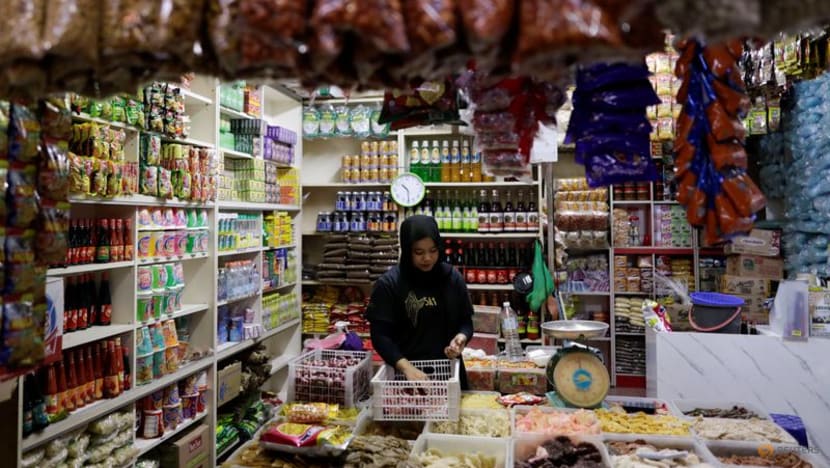Malaysia's economy loses steam in Q3 on lower oil, gas output:



KUALA LUMPUR :Malaysia's economic growth slowed in the third quarter - after reaching an 18-month high in the previous quarter - as a drop in oil and gas output offset a surge in investment activity and resilient household spending.
Gross domestic product grew 5.3 per cent in the July-to-September period, slowing from 5.9 per cent in the second quarter, in line with analysts' and early government estimates.
On a quarter-on-quarter seasonally adjusted basis, GDP rose 1.8 per cent, compared with a 2.9 per cent rise in the April-to-June period, data from Bank Negara Malaysia (BNM) and the Statistics Department showed on Friday.
Third quarter growth was driven by strength in investments and exports, as well as household spending, Chief Statistician Mohd Uzir Mahidin said.
Malaysia recorded 14.5 billion ringgit ($3.24 billion) in foreign direct investments in the third quarter of this year, up from 9.1 billion ringgit in the previous quarter, the data showed.
The expansion was tempered by lower oil and gas output as a result of maintenance at production facilities, he added. The report showed the crude oil and condensate, and natural gas subsectors contracted 7.3 per cent and 2.8 per cent in the third quarter.
"Household spending will remain the anchor of growth, driven by expansion in employment and income, as well as continued policy support," BNM Governor Abdul Rasheed Ghaffour said, adding that investment activities and higher exports would lend further support.
Headline and core inflation have averaged 1.8 per cent year-to-date, and were expected to stay manageable going into 2025, BNM said, even as the government plans further subsidy cuts. It removed subsidies on diesel, electricity, and chicken this year, and a blanket subsidy for a widely used transport fuel is set to end in the middle of 2025.
While most analysts expect the central bank to maintain interest rate levels until at least 2026, Capital Economics cautioned the removal of food and fuel subsidies was likely to boost inflation, increasing the risk of a rate hike that could moderate GDP growth.
"Given inflation is already set to rise in Malaysia next year, and with risks to import price pressures now skewed firmly to the upside, the central bank could opt to tighten policy," Shivaan Tandon, economist at Capital Economics, said in a note after the GDP data was announced.
Earlier this month, BNM held its key interest rate unchanged at 3.00 per cent, citing a favourable outlook for growth and inflation.
On Friday, the central bank said year-to-date growth remained strong at 5.2 per cent, within its projected forecast of 4.8 per cent to 5.3 per cent for 2024.
It forecasts the economy to expand between 4.5 per cent to 5.5 per cent in 2025.
The central bank said the ringgit's strength in the third quarter was partly due to the U.S. Federal Reserve's shift to an easing cycle, and that Malaysia's economic outlook and reforms would support the currency over the medium term.
The ringgit has weakened more than 3 per cent since Donald Trump's election victory earlier this month, but has still gained about 2.5 per cent against the dollar this year.













